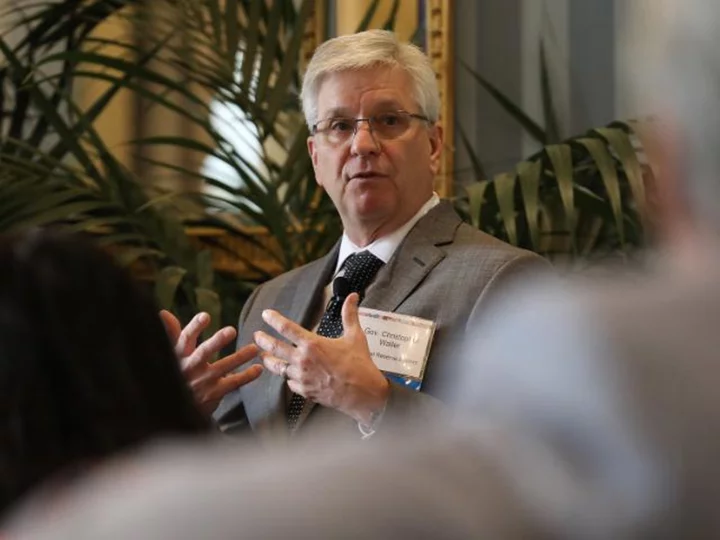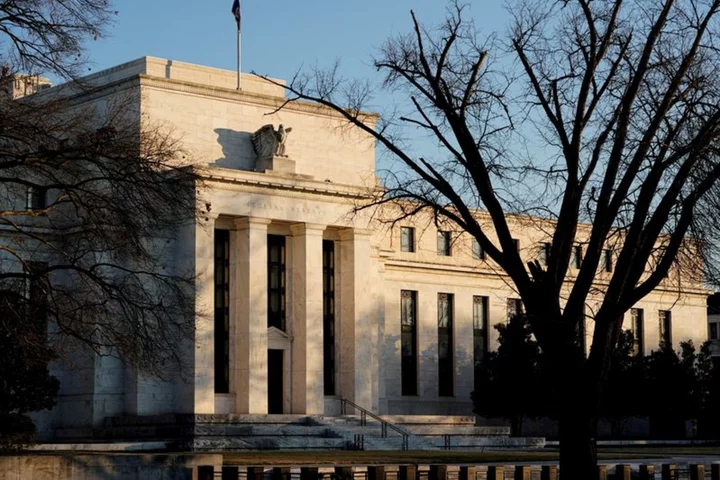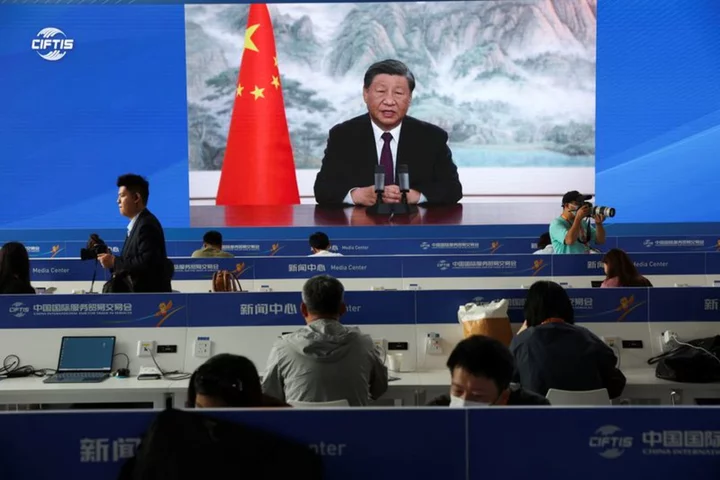FRANKFURT Euro zone inflation held steady this month but underlying price growth fell as expected, a mixed picture that complicates life for the European Central Bank as it weighs the merits of a pause in rate hikes in the face of a visible slowdown in growth.
Overall inflation in the 20 countries sharing the euro was unchanged at 5.3% in August, defying expectations for a drop to 5.1%, Eurostat data showed on Thursday. But a key underlying measure that filters out volatile food and energy prices eased as expected to 5.3% from July's 5.5%.
The ECB has raised rates at each of its meetings over the past 13 months, from deep in negative territory to a more than two-decade high, but policymakers are now debating whether to pause or move once again, likely for the last time, on Sept. 14.
Part of their concern is that growth is now fading quickly and the bloc's economy, which has stagnated over the past three quarters, could even slip into recession, with little to drive a rebound.
Some argue that such a slowdown is actually desirable, especially if this were to shake out an especially tight labour market, because underlying price pressures are far too high and could get inflation stuck at above the ECB's 2% target.
Indeed, closely watched services inflation barely eased in August, with the rate at 5.5% versus 5.6% a month earlier. Price growth for non-energy industrial goods, another measure watched by the ECB, slowed to 4.8% from 5%.
Processed food inflation meanwhile eased to 10.4% from 11.3%. with energy prices down 3.3% after a 6.1% fall a month earlier.
Some policymakers are likely to argue that a tight labour market, as evidenced by rapid services inflation, will make further progress difficult because a record-low jobless rate - 6.4% in July - will translate into wage pressures.
Firms struggled to rehire workers after the pandemic, so many are now choosing to "hoard" labour in anticipation of better times. They also have the cash to maintain employment because firms took advantage of inflation to jack up prices more than costs to boost their margins.
But that could keep wage growth relatively fast, a key reason why inflation is not seen returning to 2% until late 2025, a timeframe some policymakers consider too late.
The ECB next meets on Sept. 14 and markets are split over what it will do, with odds now skewed toward a pause and one last hike later in the year before cuts from mid-2024.
(Reporting by Balazs Koranyi; Editing by Catherine Evans)









